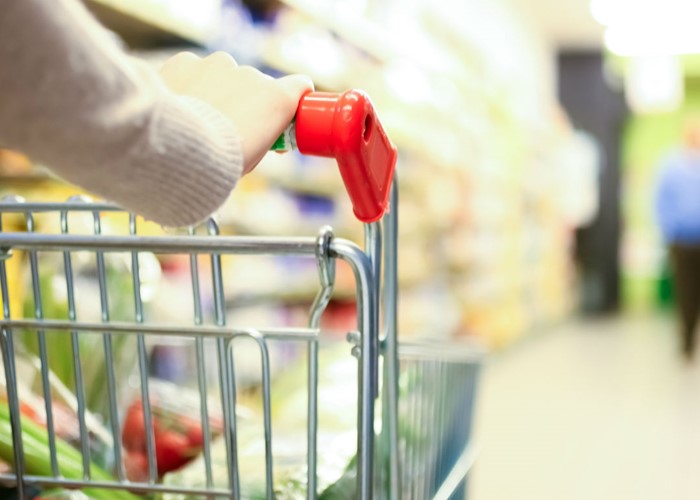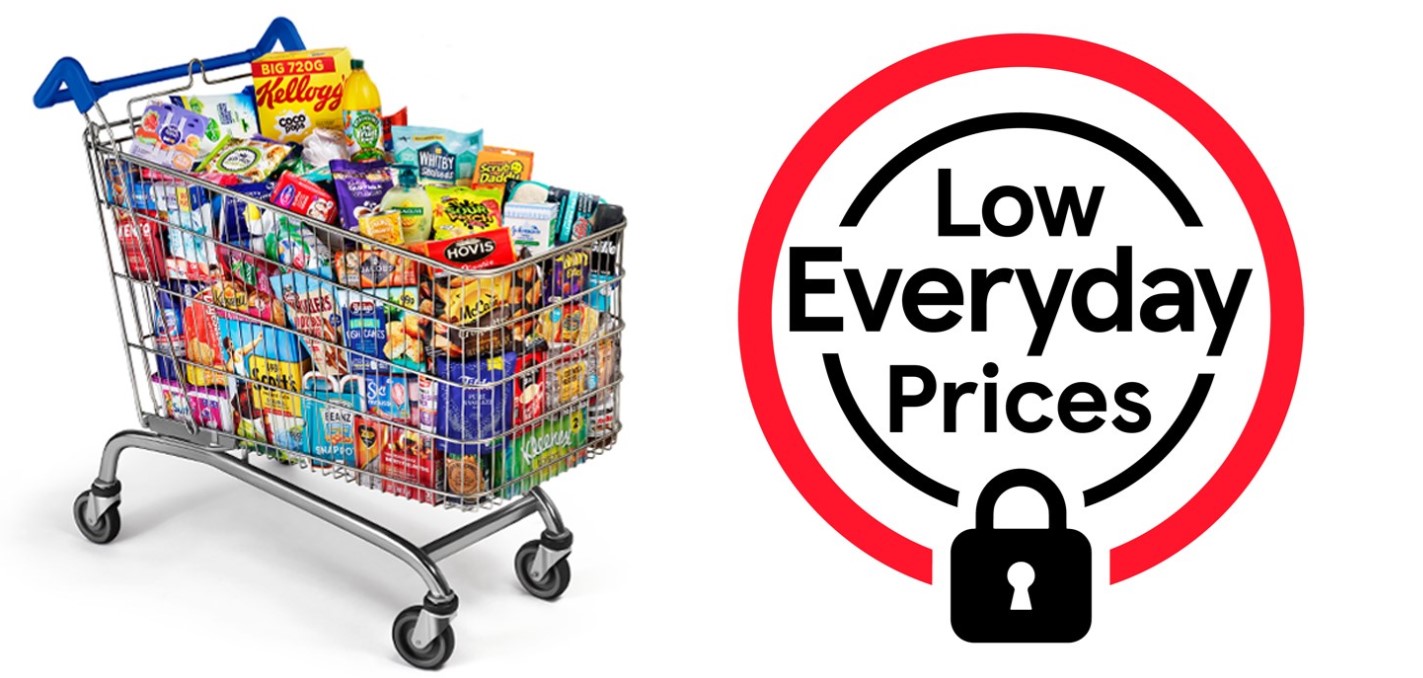Tesco freezes price of 1,000 products until 2023

Price of household staples like rice, beans and coffee won’t rise until January as part of a new Tesco promotion.
Tesco has announced a new price promotion, where it is freezing the prices of more than a thousand everyday products until next year.
The products included cover a wide range of the sort of things people buy on a regular basis, with prices locked in until the 3rd January at the earliest.
The move is part of the supermarket's ‘low everyday prices’ campaign, and runs alongside other promotions like its Aldi price match scheme, as well as discounted deals to Clubcard holders through Clubcard Prices.
Jason Tarry, chief executive of Tesco UK, said that the retailer knew that “times are tough” for many shoppers right now, and that this promotion should give shoppers some “certainty” over their outgoings and help them budget.
Products which have seen their prices frozen until next year include:
- Tilda basmati rice ‒ 95p;
- Ski strawberry mouse 4x60g ‒ £1.10;
- McCain home chips ‒ £4.30;
- Heinz Baked Beans snap pots 4x200g ‒ £2.49;
- Johnson’s baby cotton buds ‒ 95p;
- Robinsons orange squash 1L ‒ £1.75.
All frozen items will feature the 'low everyday prices' logo pictured below.

Battling against food inflation
The pledge to freeze the prices of so many products is well-timed by Tesco, given the rate at which the cost of our shopping has been on the increase in recent months.
It’s no secret that our food shopping ‒ like virtually every other outgoing ‒ has gone up in price, but the scale of the increases has been extraordinary.
Food was named as one of the big drivers in the latest inflation figures released by the Office for National Statistics (ONS), which revealed that in the 12 months to August 2022 the prices of food and non-alcoholic beverages had jumped by an eye-watering 13.1%, the highest level of inflation seen for such items since 2008.
Even just on a monthly basis, the cost of our food is rising incredibly quickly. The ONS found that between July and August prices jumped by 1.5%, the fastest rate for these months dating back to 1995.
Finding cheaper options
Virtually all of the big supermarkets have announced some form of price deal recently, in response to the cost of living crisis.
It’s welcome that they have recognised that household budgets are under pressure and people have less money to devote towards their food shopping, but obviously this is also motivated by their desire to retain our custom.
The situation has led to many shoppers switching supermarkets entirely, in a bid to secure better value for money when feeding their families.
This is clear from the market share data published by Kantar WorldPanel.
The deep discounters Aldi and Lidl have become bigger players in the UK ‒ Aldi’s share has grown from 7.7% to 9.3% since Christmas, while Lidl’s has moved from 6.3% to 7.1%.
In Aldi’s case, it has now become the fourth biggest supermarket in the country.
By contrast, the big names have seen their market share drop markedly over the same period. Tesco has dropped from 27.9% to 26.9%, for example, while Sainsbury’s has fallen from 15.7% to 14.6%.
That tells a pretty compelling story ‒ it’s clear that shoppers, faced with those mounting costs at the till, are voting with their feet by switching to cheaper stores.
Getting more bang for your buck
The regular survey carried out by Which?, where the price of a typical basket of goods is compared across the main supermarkets, offers a useful insight into just how much can be saved by switching store.
At the cheaper end were Aldi and Lidl, costing £75.61 and £77.45 respectively, compared to over £86 for both Tesco and Sainsbury’s.
The contrast is even starker when you consider premium supermarkets like Waitrose, where a comparable basket would set you back just shy of £100.
Irrespective of which supermarket you opt to shop with, there are simple ways to keep your bill as low as possible.
Planning your meals in advance, and then sticking to a shopping list is a useful way to ensure that you don’t overspend, while I’ve always been an advocate of making use of any loyalty schemes I can.
If you shop online, it’s worth checking to see if you can earn cashback on your spend through the likes of TopCashback and Quidco as well.
Finally, be sure to check out loveMONEY’s weekly round up of the best deals and discounts at all of the big supermarkets.
Comments
Be the first to comment
Do you want to comment on this article? You need to be signed in for this feature